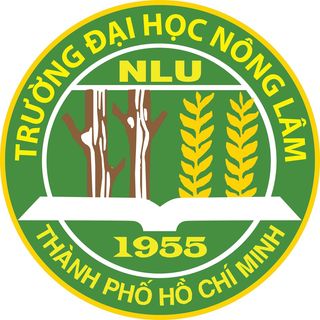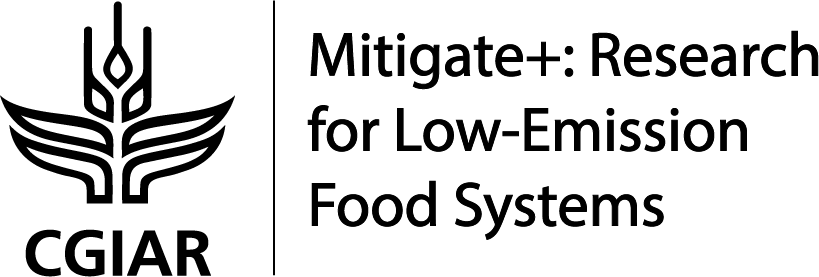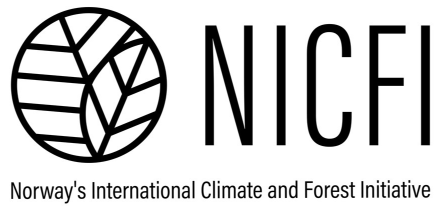Background and objectives
Mangroves play an important role in climate adaptation and mitigation while ensuring the livelihoods and well-being of coastal communities. Mangrove ecosystems also have high biodiversity value and contribute to the sustainable development of Vietnam and the region in general. In the face of a global decline in both quantity and quality of mangroves due to pressures from socioeconomic development and severe financial shortages, United Nations agencies and developing countries including Vietnam have developed mechanisms and policies to mobilize new financial sources for the protection and development of mangroves as an important policy to implement the Paris Agreement and the Glasgow Declaration on Forests and Land Use. In parallel with the improvement of public administration policies, investors are also looking for opportunities to expand the carbon market for mangroves. In recent times, an increasing number of investors have been looking to Vietnam for opportunities to buy mangrove carbon credits. However, the operation of the market and mangrove carbon projects face barriers in terms of legal framework, technical capacity, market connection, policy implementation, quality assurance, weak benefit sharing mechanism, and cost ensuring of mangrove carbon credits.
To assist policymakers and stakeholders in exchanging information, updating the international and Vietnamese legal framework, and enhancing market, technical and social requirements of the Mangrove Carbon Market, Nong Lam University – Ho Chi Minh City, the Center for International Forestry Research (CIFOR) and the Association of Vietnamese Scientists and Experts (AVSE) are co-organizing a workshop entitled Harnessing potential and ensuring high quality blue carbon credits in Vietnam.



































